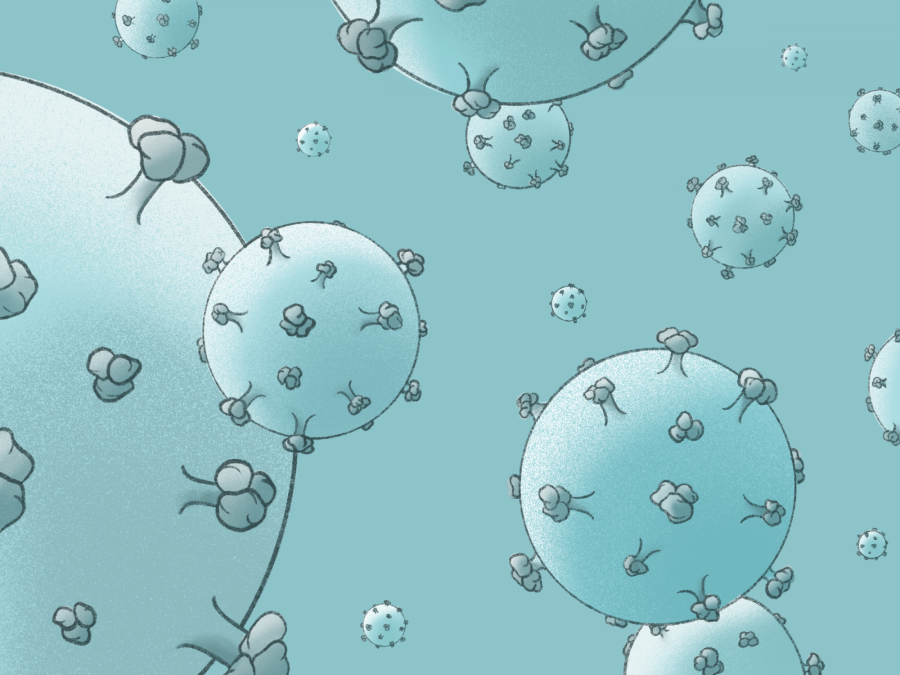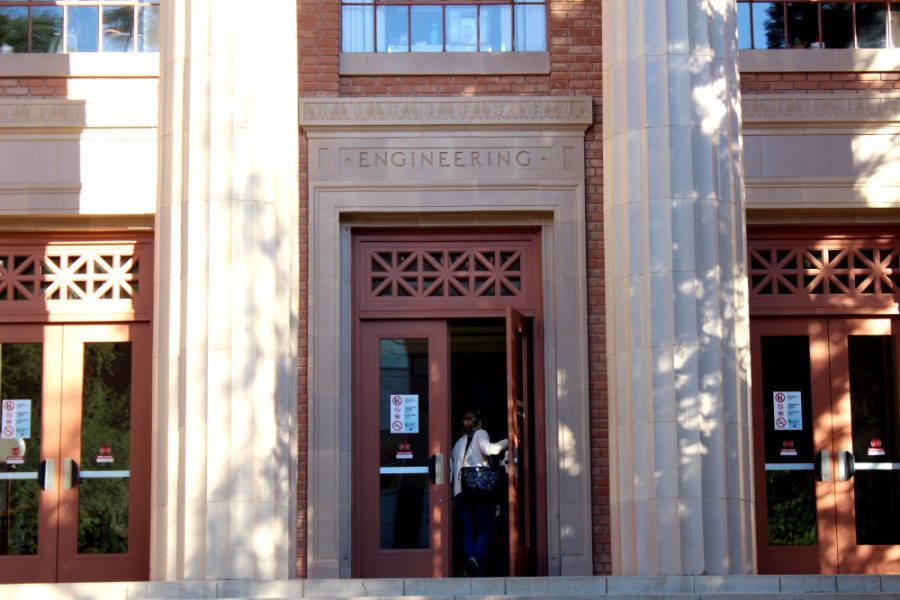Classes at the University of Arizona started on Monday, Aug. 24, and after much deliberation during the summer months, the UA decided to bring students back supported by its “Test, Trace, and Treat” plan. After an initial few days of very little cases, the past three days have seen a recent surge in cases.
While the university administration decided to preemptively delay the second stage of its phased reentry, the three-day period between Aug. 31 and Sept. 2 still managed to result in about 75% of all positive coronavirus cases through the “Test All Test Smart” program since July 31.
On Tuesday, Sept. 1, the UA reported 37 new positive antigen tests from the previous day and 0 new positive PCR tests. A day later, the university reported 63 new positive antigen tests, bringing the two-day total to an even 100.
Today, on Sept. 3, the UA reported 104 new positive antigen tests, nearly triple that of Tuesday’s report. This increase in cases on Thursday brought the three-day total to 204 positive cases out of the 272 total confirmed cases through the “Test All Test Smart” program since July 31.

Website: https://covid19.arizona.edu/updates
“This is not a game. Our students had low numbers of cases coming in, we knew that because we tested them all before they went into the dorms,” said UA President Dr. Robert C. Robbins in his weekly briefing this morning. “We need continued diligence — testing, tracing and treatment through isolation can only work if we do not overwhelm the capacity of our campus resources and those in our community.”
The month of August had decreasingly low numbers across the state of Arizona. In the time period of Aug. 14 to Sept. 2, the Arizona Department of Health Services reported under 1,000 cases every single day. However, on Sept. 3, that trend was broken for the first time in weeks.
Wastewater-based epidemiology has helped the university find asymptomatic carriers of the coronavirus, which makes up a very large percentage of the infected individuals on campus, according to Robbins. After findings confirmed two asymptomatic carriers of the coronavirus in Likins Residential Hall last week, the university has touted this public health measure as an additional tool to fighting the virus.
However, with the recent surge in cases, Robbins recently announced that the university will continue with in-person instruction for essential courses only.
“I worry every day. This is what we do all day, every day,” Robbins said. “I’m incredibly concerned about this, and I’m more concerned with hearing the spike and continuing to spread this word and do everything we can.”
Follow Amit Syal on Twitter









